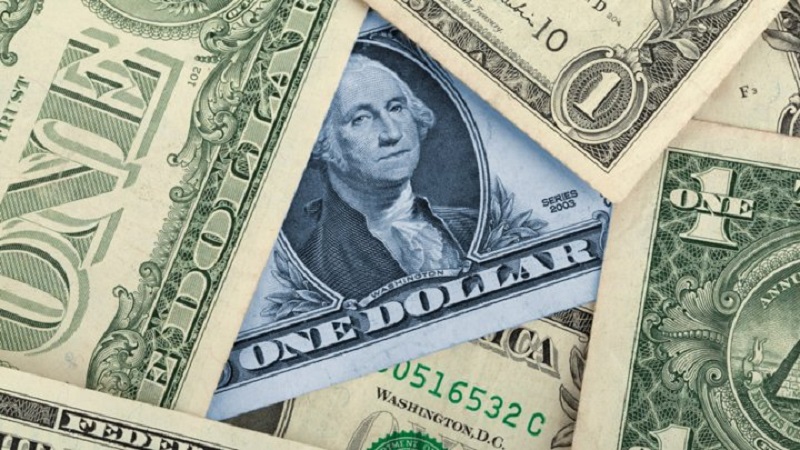
The week started with a New rise in the blue dollar (which reached a new record) and the financial ones, who opened Monday’s wheel on the rise while at the same time Stock market share and bond prices fell.
In the early hours of the morning, the blue was sold in the “caves” at $ 1.390then dropped five pesos, remained at $ 1.385 until after 2 p.m. it was sold $ 1.405. A real increase of $40 compared to Friday’s close. In June, the US currency rose by $140 compared to May, an increase of 11.4%.
For the first time, the dollar reached $1,400 in the informal market. While the dollar MEP It was sold this afternoon at $ 1.372,43 (1.8% more than Friday) and cash with settlement at $ 1.379,15 (2.2% increase between one wheel and the next).
The rise of parallel dollars is the first reaction to the announcements made on Friday evening by the Minister of Economy Luis Caputo and the president of the Central Bank Santiago Bausiliwho sought to “reduce the anxiety” of corporations and financial speculators regarding the eventual exit of the so-called exchange rate “traps.”
Despite the pressures of the FMI and the heavyweights of the agro-export complex, who for their own “reasons” seek to pressure the Government to devalue the peso more than expected, Caputo insisted on Friday that the official wholesale exchange rate will continue to change by no more than 2% per month and that exporters can continue to use the dollar blend (a program that allows 20% to be settled at the financial dollar rate and 80% at the official rate).
In turn, this Monday the Buenos Aires stock market opened with a fall of 1% on average, with greater falls in the shares of companies with larger operations. He Supervielle Bank had a loss of 3.2%, Macro of 2.8%, BBVA of 2% and Galicia Financial Group also 2%. A similar panorama was seen in the Argentine stocks listed on Wall Street: the Supervielle fell 5%, Free market and 4.1%, Take off 4 %, Galicia 3,9 % y Southern Gas Transporter 3,2 %.
At the same time, the bonds from the last debt exchange also fell overall. The Bonares 3.31% (AL41D) and the Global 3.71% (GD46D). The latter has a direct impact on the Risk countrywhich this Monday was positioned around the 1,488 basis pointsincreasing 2.2% compared to the end of last week.
In its economic outlook published in this newspaper, Paul Shadow highlights that in recent weeks “critical economic conditions have accumulated that the approval of the Law Bases does not resolve: devaluation pressures where the countryside (which wants to increase its income cut by withholdings and exchange rate delays), the IMF (which wants the BCRA to accumulate reserves and pay the debt) and the international scenario (devaluation in Brazil) converge. very deep recession that does not find reversal (-5.1% GDP falls in the first quarter) with stronger declines in industry, construction and the SME sector, growth in Treasury debt that absorbs the Central Bank debt, generating instability In the medium term in the banking system, very strong growth in poverty (which reaches 55% of the population), unemployment and inequality.”
In this context, the economist adds, The Daily Left“The plan of Javier Miley to reorganize the country in the image and likeness of the desires of imperialist financial capital finds increasing limits.” This Monday’s market opening data is in line with that characterization.
Source: www.laizquierdadiario.com

